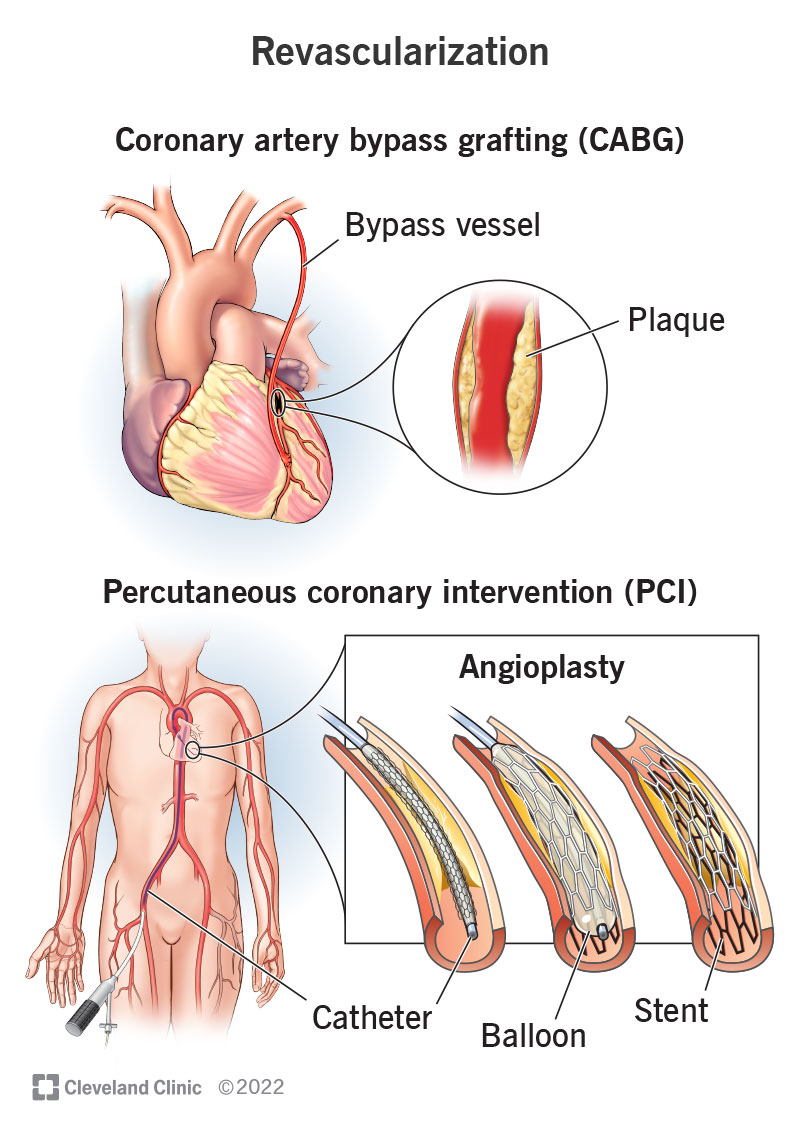The smart Trick of Arogyajivan Medical Tourism For Cardiology That Nobody is Talking About
Table of ContentsOur Arogyajivan Medical Tourism For Cardiology PDFsThe Ultimate Guide To Arogyajivan Medical Tourism For CardiologyNot known Factual Statements About Arogyajivan Medical Tourism For Cardiology Little Known Facts About Arogyajivan Medical Tourism For Cardiology.The Arogyajivan Medical Tourism For Cardiology IdeasThe 7-Second Trick For Arogyajivan Medical Tourism For CardiologyThe Single Strategy To Use For Arogyajivan Medical Tourism For Cardiology
ET in Room 103AB Smits will certainly present the research, "FFR Guided Acute Total Revascularization Versus Perpetrator Lesion Just Therapy in Individuals Presenting With ST-Segment Elevation Coronary Infarction and Multi Vessel Condition: The COMPARE-ACUTE Test," on Saturday, March 18, 2017, at 10:45 a.m. ET in the Main Tent (Hall D).You'll boost clients' top quality of life after a life-changing occasion such as a heart strike, heart failure or a heart rhythm problem (ArogyaJivan Medical Tourism for Cardiology). You'll also be entailed in recognizing illness, just how they advance and can be protected against.
, which is composed of your heart, arteries, and blood vessels.
Some Known Details About Arogyajivan Medical Tourism For Cardiology
: The heart obtains far better blood circulation after balloon angioplasty. The clogged artery is gotten to by putting a catheter that has a balloon at the pointer. The artery's wall surfaces are extended open by blowing up the balloon at the area of the blockage. During this surgical procedure, persistent blockages in the coronary arteries are opened up utilizing a specialized pulverizing tool.
Oftentimes, a stent is after that inserted into the blockage.: After balloon angioplasty or atherectomy, a small steel coil or mesh tube called a stent can be put in the artery. The stent is placed at the end of a catheter, put via a capillary in the wrist or leg, and directed up to the heart, where it protects against recently opened arteries from falling down.
These consist of hypothermia and various ventricular assistance devices, such as intra-aortic balloon counterpulsation (IABP).: Blood circulation from the mom to the fetus is promoted through the foramen ovale, a tiny opening in the wall that separates the right and left top chambers of the heart throughout growth. Usually, throughout infancy, this opening closes.
The Definitive Guide to Arogyajivan Medical Tourism For Cardiology
Often, it needs it to be closed off. It is a minimally invasive treatment that targets and harms nerves near the kidneys that can come to be overactive and bring about high blood pressure. Interventional cardiologists are informed to give particular catheter-based therapies for heart problem, which is the major distinction in between them and normal cardiologists.
There might be some anxiousness linked with an upcoming heart or blood vascular treatment. On the various other hand, a specialist in interventional cardiology will certainly be managing your treatment during the treatment. A diagnostic information-gathering procedure can be executed by an interventional cardiologist. By doing so, they can deal with the problem without requiring open heart surgery.
Patients are offered a sedative to aid them unwind. An anesthetic is related to numb the area where the catheter is inserted. The procedure takes about an hour, and patients may be required to remain in the hospital over night for surveillance. Cardiac coronary bypass is a significant procedure and, like any surgery, lugs some risks.
The Arogyajivan Medical Tourism For Cardiology PDFs

Enhanced Outside Counter Pulsation (EECP) is executed as a non-invasive treatment to reduce the number and strength of angina episodes. Therapy is administered via 3 sets of external blow up cuffs that are used around the lower legs, upper legs and buttocks. These cuffs constantly blow up and deflate between the relaxing duration of the heart beat and increase blood returned to the heart.
The 6-Minute Rule for Arogyajivan Medical Tourism For Cardiology

IABP led to increasing the quantity of blood that can get pumped out of see this site the heart by inflating a balloon in the aorta between each heartbeat. Opening the aorta permits much more blood flow and as a result reduces how hard the heart needs to function - ArogyaJivan Medical Tourism for Cardiology. This exact same theory is related to EECP yet is taken one action further
This additionally lowers exactly how difficult the heart needs to function however on a much greater range, specifically for people with broken heart cells. Individuals are eligible for therapy if they have been identified with disabling stable angina (Class III or IV Canadian Cardiovascular visite site Culture or comparable classification), that in the point of view of a cardiologist or cardiothoracic specialist, are not conveniently open to surgical treatment since: Their condition is unusable, or at high threat of personnel issues or postoperative failure; Their coronary makeup is not easily amenable to such treatments; or They have co-morbid states, which create too much danger.
The Definitive Guide to Arogyajivan Medical Tourism For Cardiology

People will complete an anxiety examination prior to starting EECP therapy. After finishing 35 therapy sessions, there will be another tension test measuring the exact same values.

The positioning is created to offer a specific the chance to experience exactly what treatments will be like. There will certainly be an orientation to the room, a full description of the therapy sessions, education and learning concerning the therapy procedure, and a 15-minute test of the ECP maker in operation. Any type of concerns about the treatment will also be resolved right now.
The Facts About Arogyajivan Medical Tourism For Cardiology Uncovered
Diet regimen and nutrition therapy. his response Psychological assistance. Heart rehabilitation might begin prior to the hospital discharges you and must continue lasting. Cardiac rehab phases are: Inpatient (starting while you remain in the hospital). Outpatient (mosting likely to visits and after that going home afterward). On your very own (maintaining workouts by yourself and at your own expenditure).